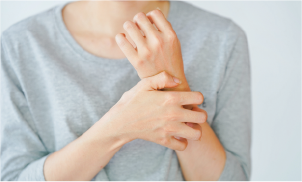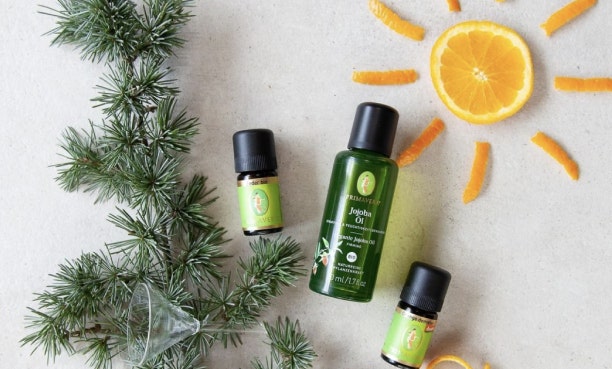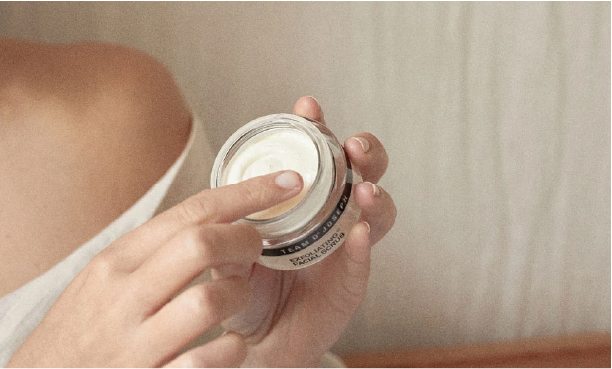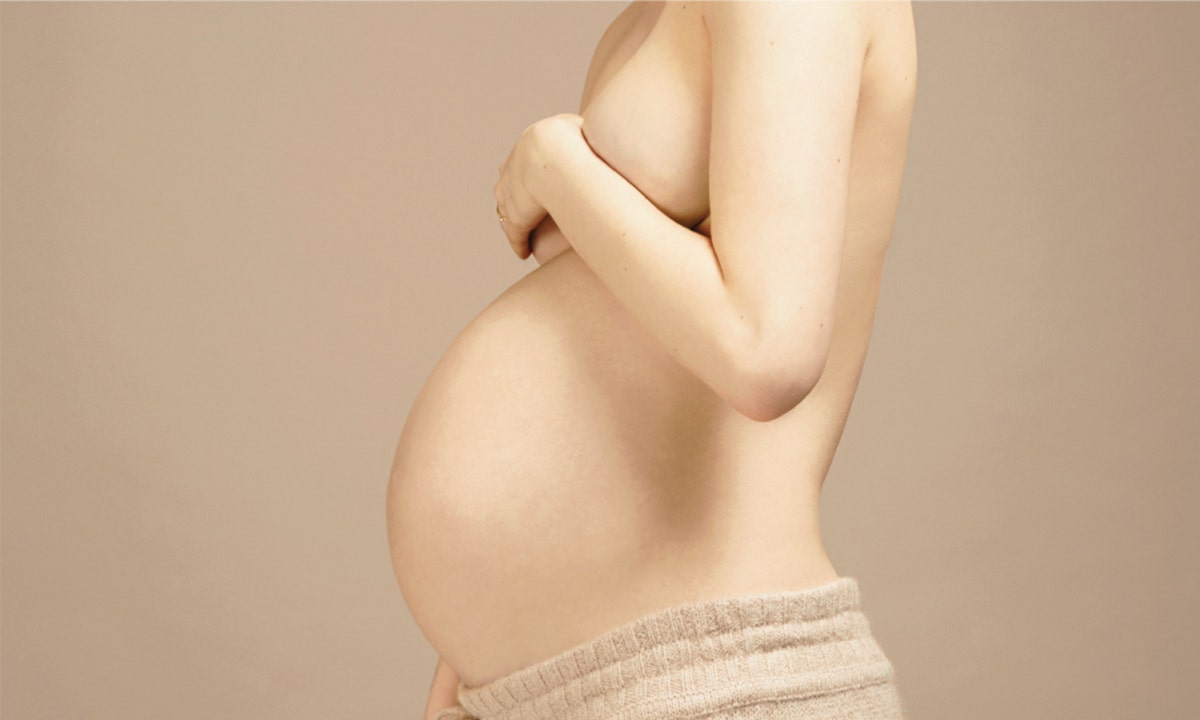Journals
-
Apr 2025Eczema could happen all through the year but the changing of seasons is definitely t...More Details
-
Dec 2024Everything You Need to Know about Hair Loss. Less is More creates a range of certified COSM...More Details
-
Aug 2024BEYORG successfully held three facial experience events in Beijing, Shanghai, and Shenzhen ...More Details
-
Aug 2024The Swiss Platinum Anti-Aging Series (WRINKLE RECOVERY Treatment) addresses various concerns...More Details
-
Mar 20246 Top tips for a healthy and beautiful pregnancy with natural and toxin-free makeup, prevent...More Details
-
Dec 2023PRIMAVERA Organic essential oils formulas for specific healthy concernsMore Details
-
Aug 2023The summer heat and humidity open the pores while sweating increase the build-up of dead ski...More Details
-
Jun 2023Your skin requires extra care to stay fresh and hydrated in the summer heat. It’s crucial to...More Details
-
Jun 2023Getting ready for the arrival of a new baby? Here are our tips for preparing for motherhoo...More Details
-
Apr 2022It is a nutrient found in food such as fruits and vegetables. It is an antioxidant that help...More Details
-
Mar 2021Prevent stretch marks! Learn how to care for your skin and minimize the appearance of these ...More Details
-
Dec 2020A healthy diet is an important part of overall well-being at every stage of life, and especi...More Details













